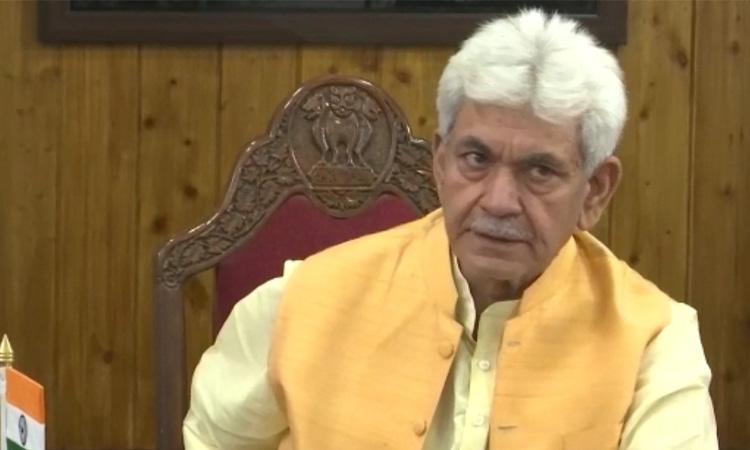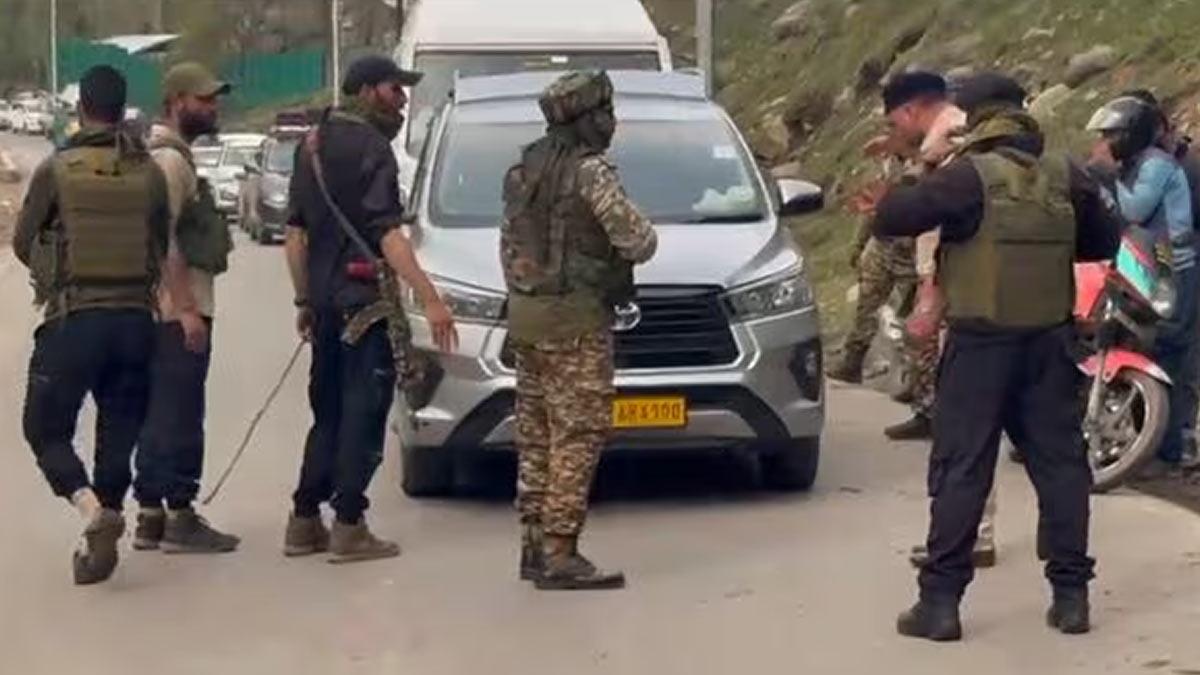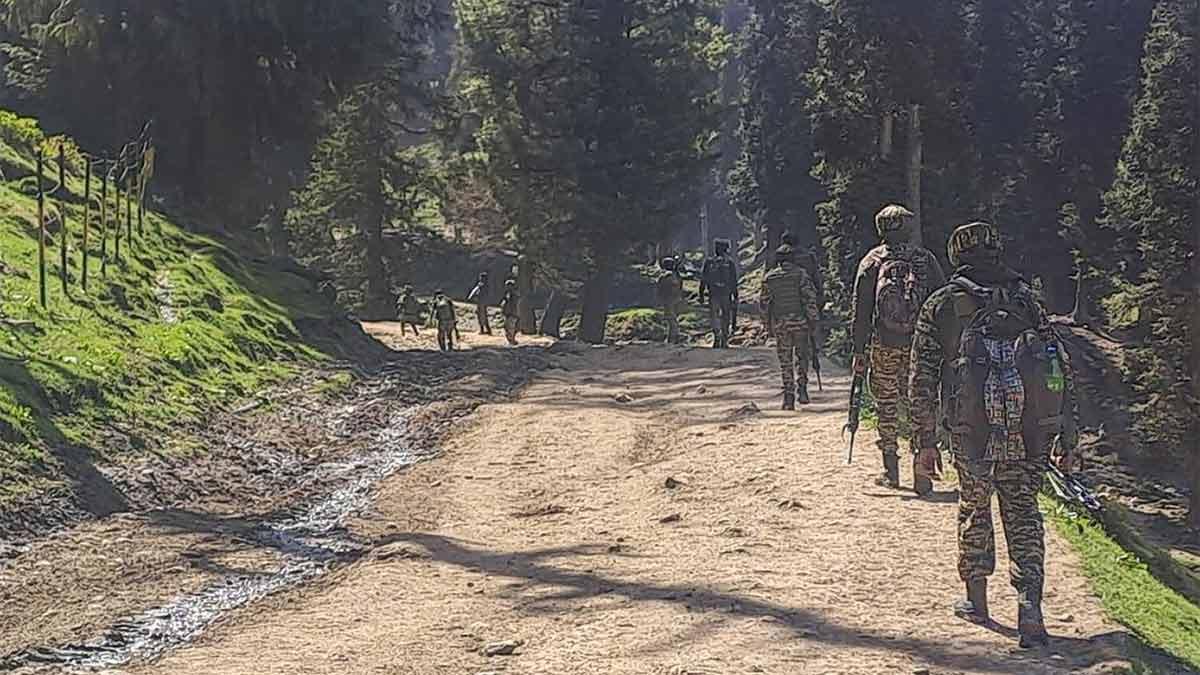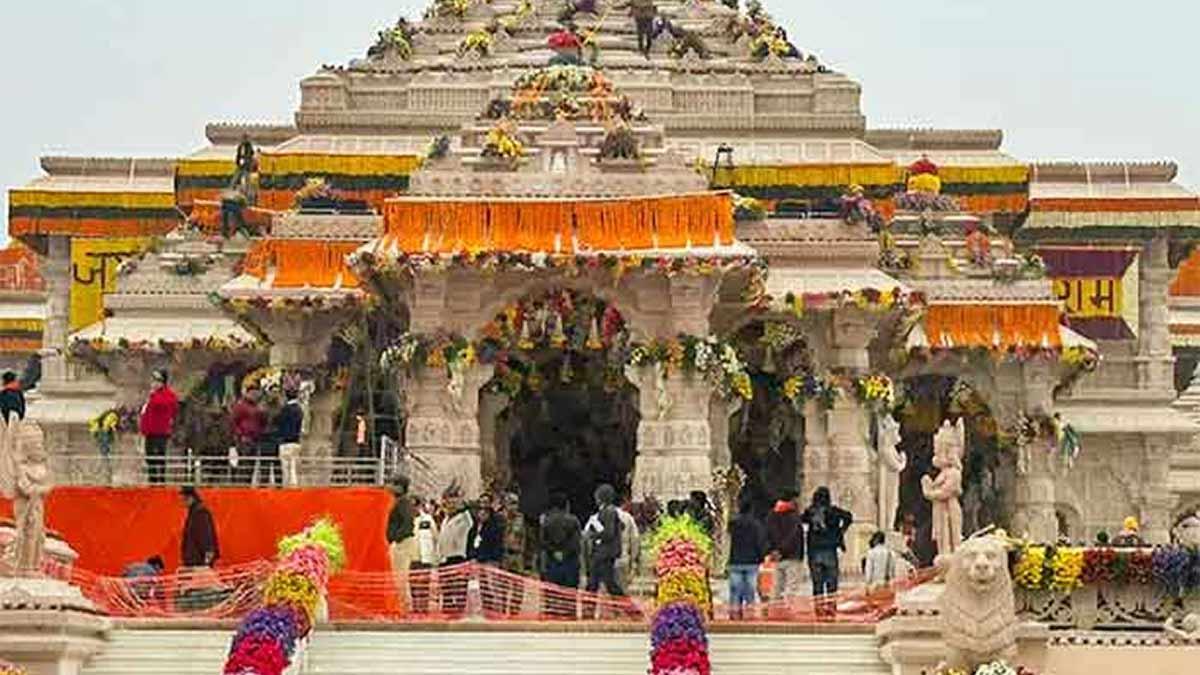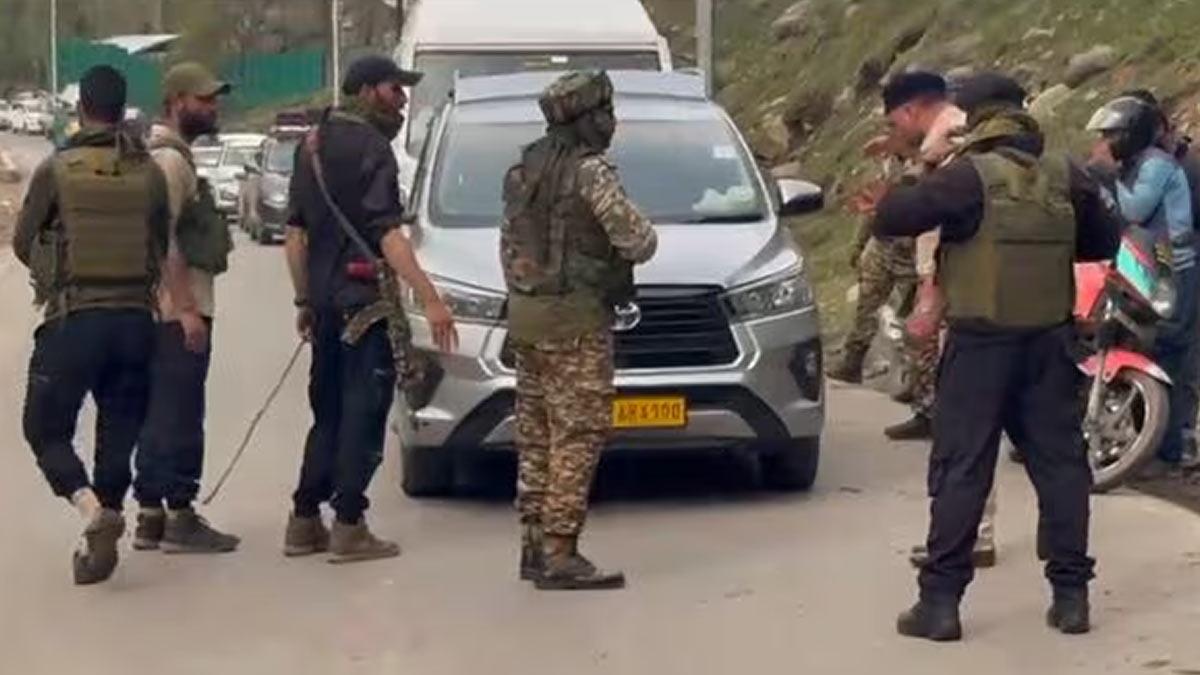Jammu and Kashmir is riding on the high tide of development and is expected to rise as a model for the rest of the country by 2023. LG Manoj Sinha has made it clear that he is there to build concrete developmental foundations in the union territory following the directions of Prime Minister Narendra Modi in letter and spirit to make J&K a one-of-its-kind Smart City.
The work is being carried out in silence without much media fanfare, though the results are making much noise locally. The Central government has wholeheartedly taken the task of remodeling JKUT for its holistic development.
Long lists of parallel projects are being implemented in the UT. The youth is being motivated to come forward with ideas to the government, encouraging maximum participation from the people at all levels. The sky is the limit with the government's help, and it is up to the youth to take charge for what they have during the past several decades.
Several projects for development of Smart Schools and modernisation of school infrastructure like the creation of ICT (Information and Communication Technology) facilities in high schools with technology based education as future classrooms have been approved. Along with that, the government is advertising more government job posts for the youth of J&K, with an increase in seats of the general quota for state dwellers and an increase in the upper age limit for the applicants. With the expanding economic and social front, job creation and availability is at its all time high.
Also Read | MoUs worth Rs 18,900 cr inked at J&K Real Estate Summit
The inauguration of Parliamentary Outreach Programme for the empowerment of Panchayati Raj Institutions of the UT on 31st August is another achievement in the direction of decentralisation with impetus on self-governance. It is a unique initiative of the Lok Sabha speaker Shri Om Birla who intended to strengthen governance at the grass root level.
On the National Highways and tunnels as announced by the Union Minister of Road Transport and Highways is translating into reality at an early date. Proposed tunnels are being erected at a cost of Rs 50,000 crore and other road transport work at Rs one Lakh crore in 2022-23, which would have a catalytic effect on employment opportunities.
The quality standards of the construction are unmistakably at par with European road construction. The high setting-up cost will minimise the repair needs in the future, saving funds and building reliance of the population.
District Administration Srinagar along with the enforcement wing of the Revenue Department recently launched a massive anti-encroachment drive across the city. 40 kanals worth of land was seized from prime locations, including Saidpora Eidgah, Ali Jan Road, Shiv Pora, Sonwar, Pantha Chowk, and Chanpora. In the same news, an initiative for the land record system known as "Aap ki Zameen, Aap ki Nigrani" is being implemented which will allow for digitalisation of land records.
Also Read | Rahul slams Centre as India-China trade crosses $100-bn mark
A month-long awareness campaign on land records information was also delivered in the region. The Digital India Land Records Modernisation Programme (DILRMP), formerly launched in the Doda district of the UT of Jammu and Kashmir and subsequently administered in other districts, has achieved an important milestone by providing the most transparent and accountable services to the common man. Users can search any land related documents online and view scanned document copies for any detail they wish to know on the web portal.
Public Outreach Programmes and various welfare schemes like the Ujjwala Scheme (ensures LPG connections to people), Mumkin Scheme (easy loans and subsidies to unemployed youth to create livelihood in the transportation sector), e-shram cards (for the labourers in the unorganised sector), Gramin Krishi Mausam Sewa (for facilitating farmers by issuing weather advisories), scooters to handicapped (J&K Rehabilitation Council), are running their full potential. Feedback of these programmes and initiatives are directly taken from people through the representatives of the Panchayati Raj Institutions (PRIs) who assure quick response to issues.
To instill a sense of ownership in the developmental process, on the subject of piped water supply in the community, J&K Jal Shakti Department under the banner of Jal Jeevan Mission is on an operation to constitute Paani Samiti in every village. Jal Jeevan Mission (JJM) is a centrally sponsored program in J&K to provide functional tap water connection to every rural home by 2022. It is aiming for decentralisation of power to involve people at all levels, including 50 per cent female representation. It envisions an increased sense of community through total contribution in planning, implementation, management, operation and maintenance of supply streams. To ensure transparency in budgets and expenditures JJM funds are open to public scrutiny.
Public grievances are being taken up at doorstep. The 3-tier system of governance is strengthening the democracy at grassroots level as the locals have started formulating plans as per the needs of their area. These are indications of the administration's concerns for the welfare of the common citizens. It has been two years since the bottlenecks of Article 370 were removed and one can only witness J&K rise since then! The region is speeding towards self-reliance.
Good governance in the JKUT is visible to the common man on all fronts. The government has been following up with suggestions and recommendations of the local authorities rather than delivering a mere lip service. Officials are visiting the far flung places which never saw the face of the day to include every community in this wave. This friendly, interactive governance has narrowed the gap between people and government and will go a long way in boosting self sufficiency through tourism and raising the economic profile of JKUT.

